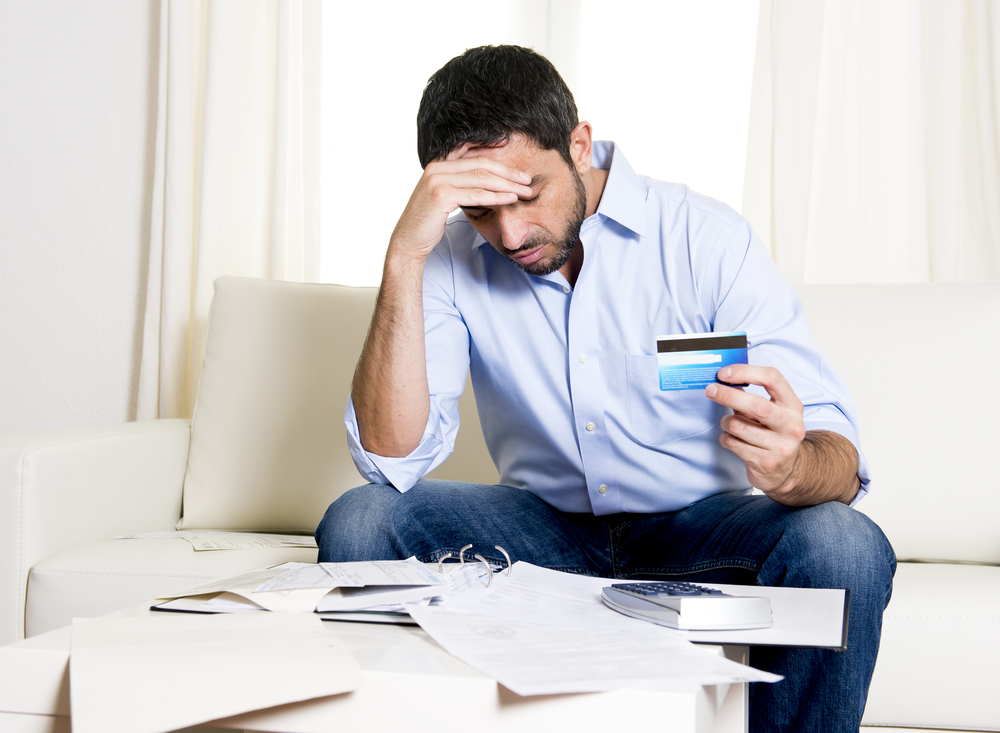There’s a lot to know about credit cards, whether you’re thinking of getting one or you want to learn more about the card (or cards) you have. To help you out, we put together a simple credit card guide to help you use a credit card with confidence.
The Difference Between a Credit Card and a Debit Card
You might be unsure as to how to use a credit card for the first time, but in practice, it’s no different from using your debit card. The difference you need to keep in mind is that when you pay via a debit card, you’re using your own funds from the bank account that’s linked to your card. With a credit card, you’re using the line of credit you’ve been offered by your bank or credit union.
While using a debit card and a credit card may feel the same, it’s important to know how much you’ve spent with your credit card, and to pay it off as soon as possible.
Getting a Credit Card for the First Time

Before you apply for your first credit card, shop around and compare the credit cards available from various banks and credit unions. Consider what you want to prioritise for your credit card. For example:
- Do you want a generous limit that lets you spend a large amount?
- Do you want a lower interest rate?
- Do you want access to rewards offered by certain cards?
There will be benefits to each option, but you’ll need to choose what’s right for you. It isn’t as simple as there being one best credit card for beginners, but credit cards with low interest and low fees are a good idea.
Once you’ve decided what card you want, you’ll need to apply for it. Just don’t apply for a lot of cards all at once when getting a credit card for the first time. If it looks like you’re trying to get a lot of credit cards, that can negatively impact your credit score.
The Dangers of Credit Cards

Most credit cards aren’t dangerous on their own; they don’t bite. But if you don’t keep an eye on your credit limit and spending, you might find yourself in a bad situation financially. If you don’t pay back your credit card spending (it’s usually billed on a monthly basis) you could be hit with a lot of fees and much higher interest on the amount owed.
Budget in a way that works for you. Some people create spreadsheets of their budget and write down every dollar they spend or gain. There are also plenty of mobile apps to help you stay on top of your finances. What matters isn’t the method you use, but that you have a method so that you never forget to pay your credit card bill on time. Your bank or credit union may even let you transfer funds into your credit account, paying off each purchase as you make it, so that the balance is never in the red for long.
The Benefits of Credit Cards

If you can manage your finances responsibly, credit cards can be very useful. Some debit cards may have hidden fees that you’ll face for high-cost or frequent purchases, so making those purchases with your credit card can actually save you money. There’s also the useful benefit of your credit score. Poor use of a credit card will hurt your credit score, but responsibly using a credit card and paying it off in time will help build a healthy credit record.
Alternatives to a Credit Card
You might consider applying for a credit card to cover an upcoming expense. Maybe a holiday, an event, a large purchase, or to cover an emergency. But a lot of the time, a credit card isn’t the solution to that kind of spending. A short-term loan might actually give you access to more funds and have a lower interest rate. If you don’t want a credit card for everyday spending, then a loan might be the better option for you.
Disclaimer: Please be aware that Cigno Loans’ articles do not replace advice from an accountant or financial advisor. All information provided is intended to be used as a guide only, as it does not take into account your personal financial situation or needs. If you require assistance, it is recommended that you consult a licensed financial or tax advisor.
